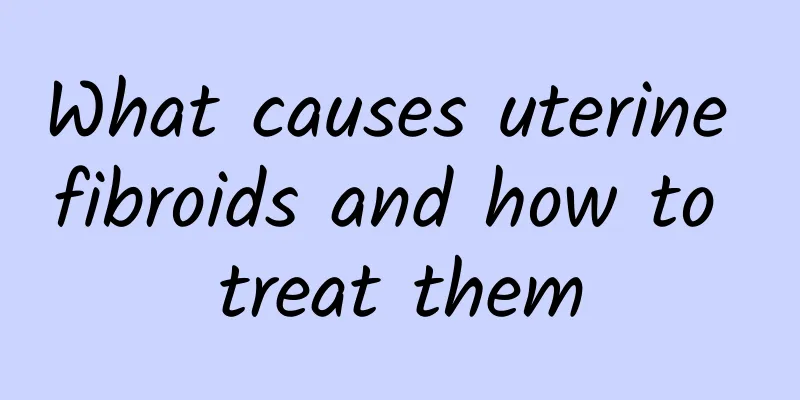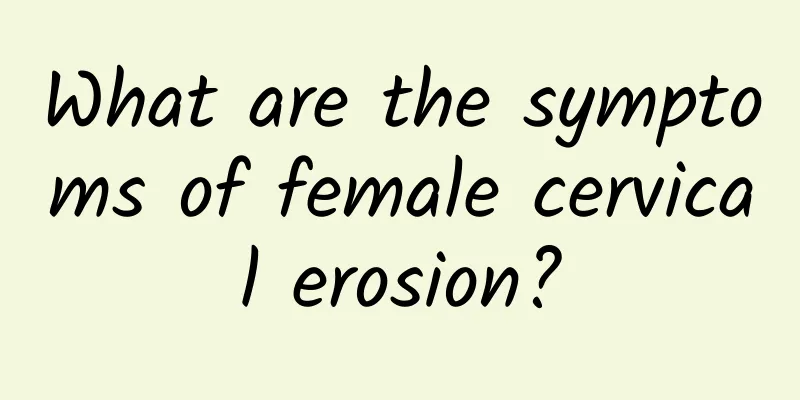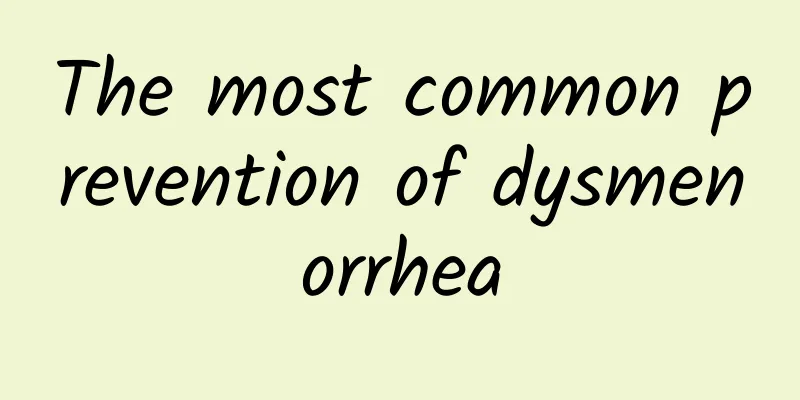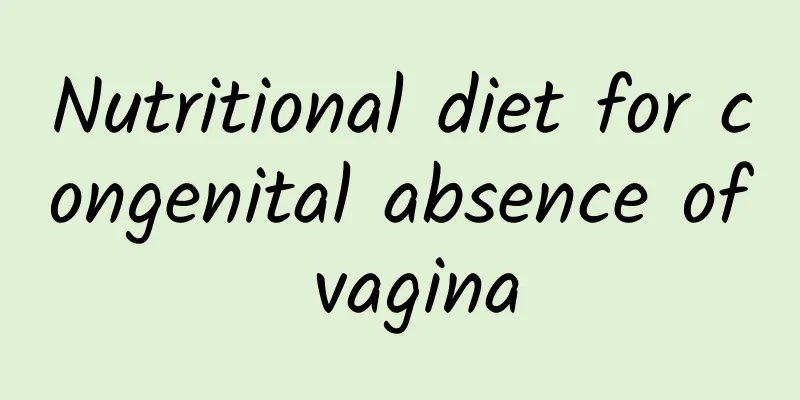Traditional anticoagulant dietary taboos: eat less mango and black fungus

|
Irregular heartbeats caused by high blood pressure can easily lead to atrial fibrillation and stroke risk. The Chinese Society of Cardiology stated on the 27th that Warfarin is often used clinically to prevent stroke, but because of its narrow safety margin, regular checks are required to ensure the anticoagulant effect and avoid the risk of bleeding. In particular, patients are prohibited from eating mangoes, white fungus, fish oil, and garlic while taking Warfarin to avoid drug interactions that may cause intracranial hemorrhage or cerebral embolism and other sequelae. Dr. Chen Zhihong emphasized that as Taiwan enters an aging society, the number of patients with atrial fibrillation is increasing. We should pay more attention to the three high problems, actively use medication for prevention, and reduce the risk of atrial fibrillation stroke. (Photo by Zhang Shijie) Chen Zhihong, president of the Chinese Society of Cardiology, pointed out that about 100,000 elderly people in the United States are hospitalized for emergency treatment every year due to side effects of drugs. Studies have found that nearly two-thirds of these cases are caused by four common drugs, including two drugs that prevent blood clotting: anticoagulants (warfarin) and antiplatelet drugs, and two diabetes drugs: insulin and hypoglycemic drugs. Since anticoagulants "thin" the blood, the dosage must be very accurate. Too much or too little will affect the effect. Ingestion of incompatible foods or incorrect dosage of Warfarin may lead to side effects, the most common of which are abnormal bleeding and abnormal bruising. Doctors warn that patients should avoid eating mangoes, white fungus, fish oil, and garlic while taking Warfarin to avoid drug interactions that could cause intracranial hemorrhage. (Photo by Zhang Shijie) Eating foods rich in vitamin K, including spinach and broccoli, can reduce the effectiveness of the anticoagulant drug warfarin. Mango, white fungus, fish oil, and garlic may cause indigestion in patients due to drug interactions with warfarin, and may even increase the risk of intracranial hemorrhage and cerebral embolism. In particular, mangoes are rich in vitamin A, which can inhibit the liver enzyme CYP2C19, increase the blood concentration of anticoagulants, and prolong the time it takes for anticoagulants to enter the body for metabolism. Although there have been no cases of adverse sequelae of taking mangoes and anticoagulants in China so far, it is still recommended that patients who are taking anticoagulants separate the time of taking medication from eating mangoes, and that they take small amounts. |
<<: US study: Resveratrol in red wine reduces Alzheimer's disease
>>: You have to climb it! 5335 food additives registered
Recommend
Will female cervical erosion lead to cervical cancer? The key to treating cervical cancer is to start early
Cervical erosion is an extremely common disease, ...
Big nurse loses 54 kg after surgery
Lose weight and save your health! Miss Su, who ha...
The main cause of cervical hypertrophy and congestion
Cervical hypertrophy is a disease that women ofte...
How to relieve menstrual cramps
Dysmenorrhea is a common disease among female fri...
The key to successful weight loss is dinner! 3 tips for light dinner, losing weight is no longer difficult
The key to successful weight loss is dinner! Acco...
How big is an ovarian cyst that requires surgery?
How big does an ovarian cyst need surgery? If the...
Can drinking too much coffee cause miscarriage in pregnant women? What foods can cause miscarriage in pregnant women?
The diet of pregnant women is related to the norm...
The reason why you can’t lose weight in summer is actually related to two major culprits! Doctor Liu Boen: 2 breathing exercises to get rid of cold factor obesity
The weather is hot in summer, and people have poo...
What is the cause of ovarian chocolate cyst?
The ovary is a very important organ for women, an...
Athletes will never get fat? Research: Not necessarily
Athletes often need to engage in physical activit...
What does uterine fibroids look like in the early stages? What are the early symptoms of uterine fibroids?
What does the early stage of uterine fibroids loo...
Do ovarian cysts require surgery to heal?
Do ovarian cysts require surgery to heal? 1. Ovar...
Can I eat banana chips after an abortion? What are the dietary precautions after an abortion?
Banana chips are made from sliced and dried ban...
Pelvic effusion and abnormal vaginal discharge
Pelvic effusion accompanied by abnormal vaginal d...
5 common hazards of uterine fibroids
Uterine fibroids, also known as uterine leiomyoma...









